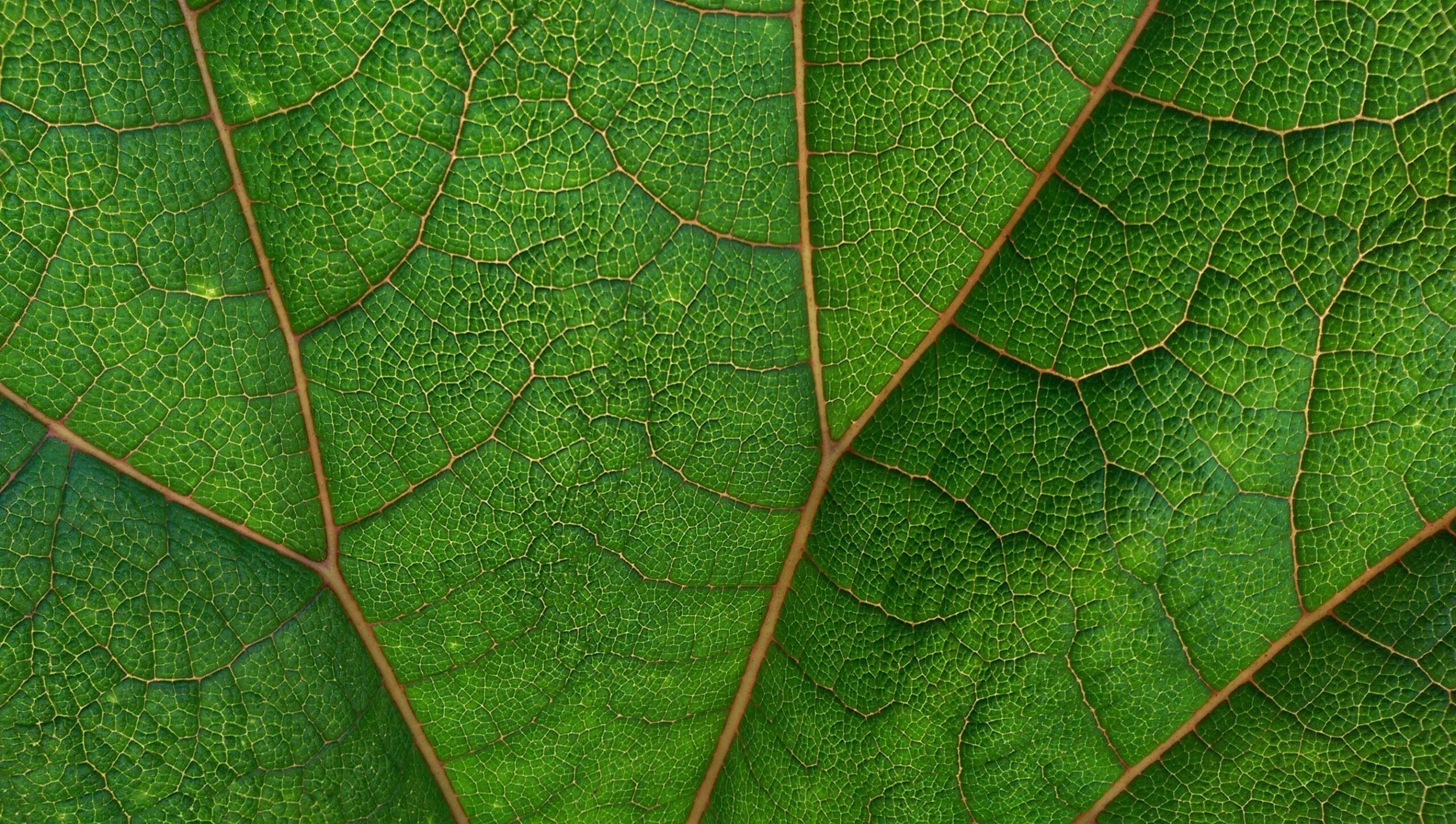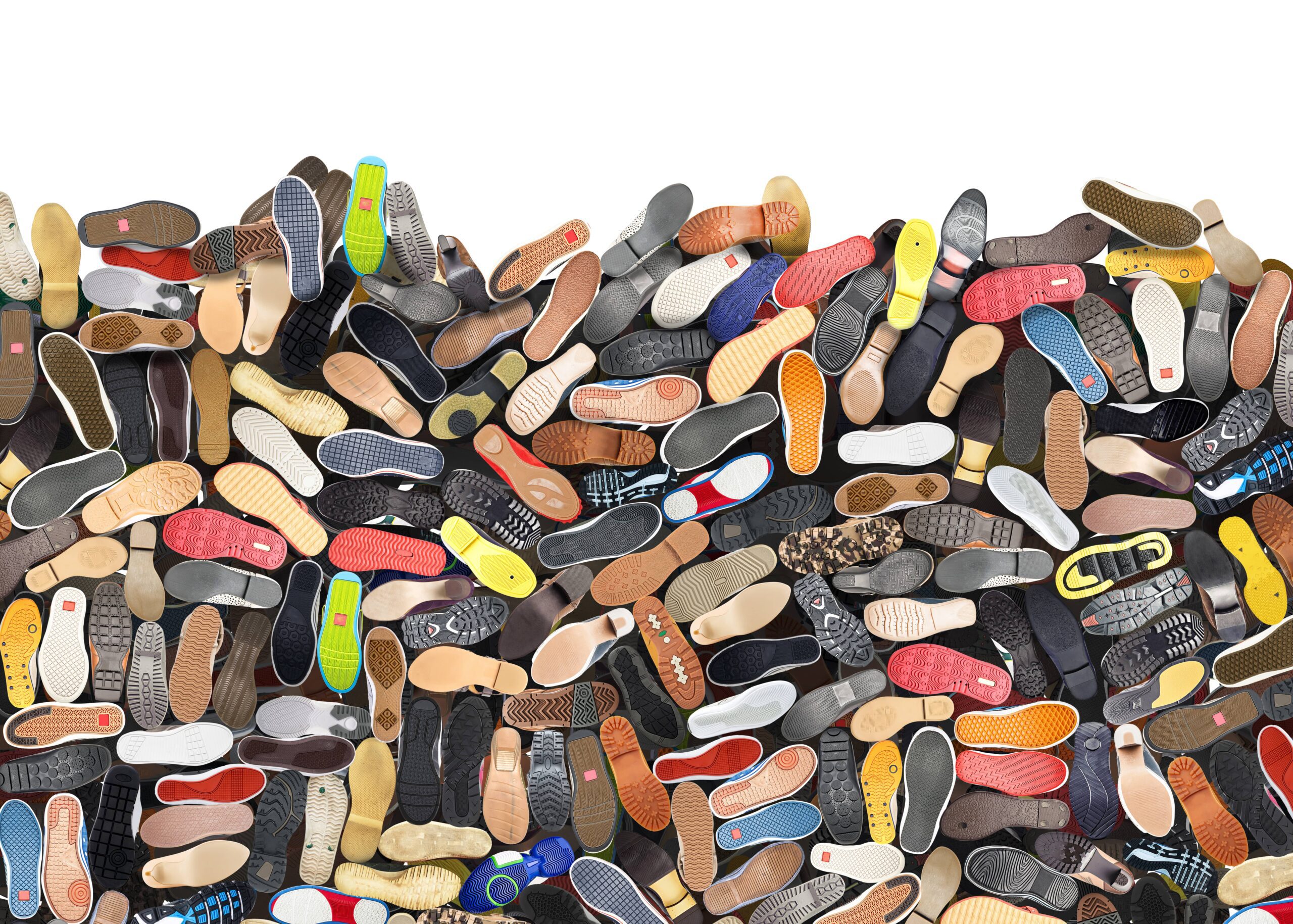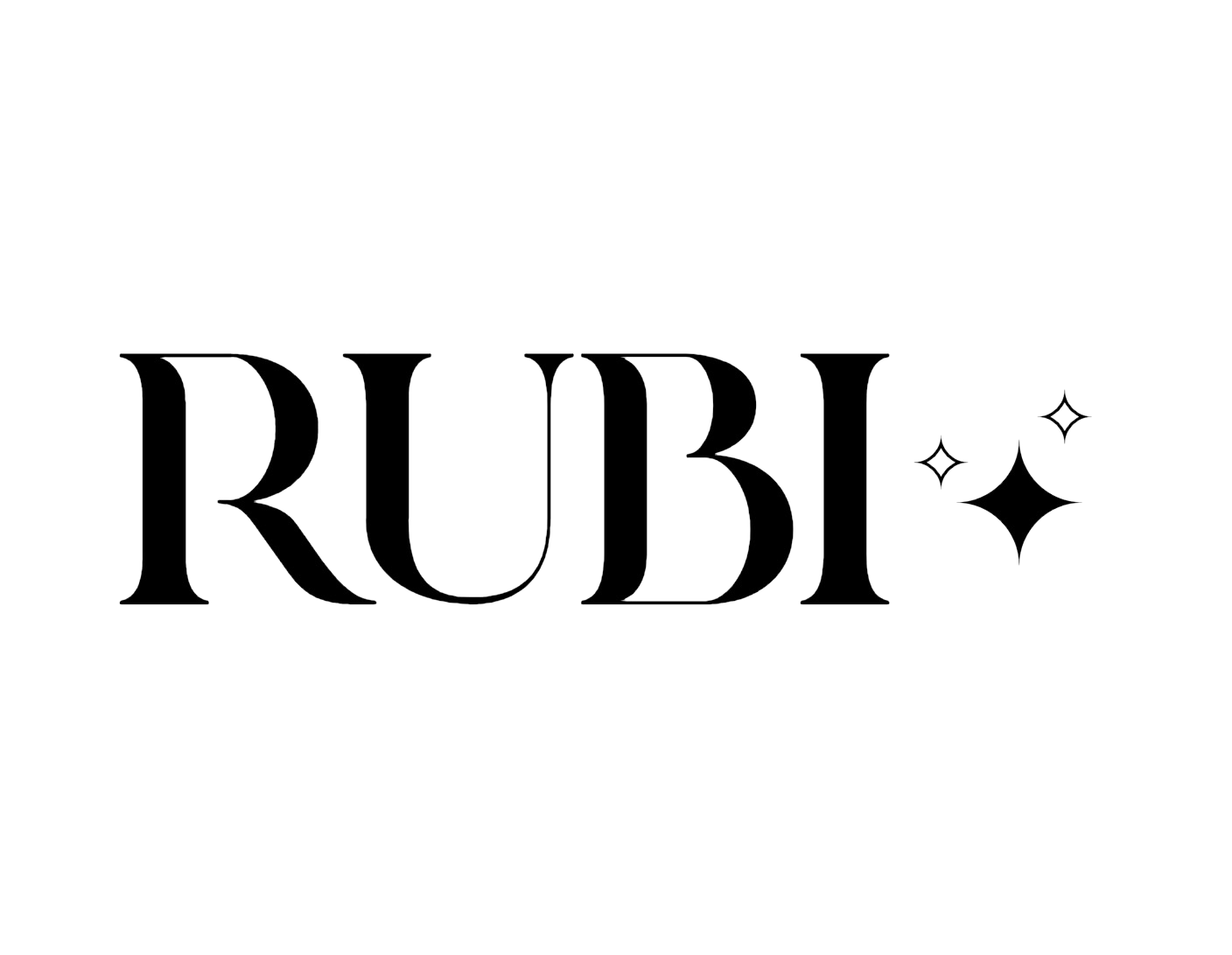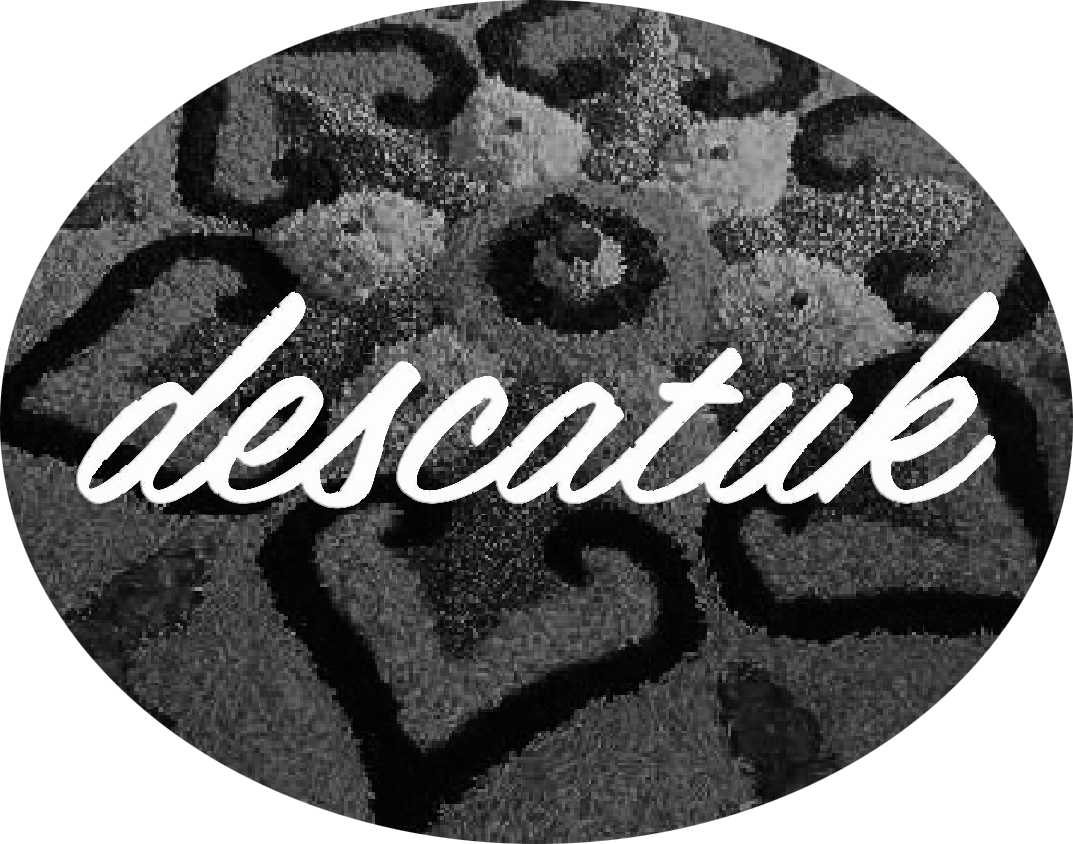Raw Materials
The fashion supply chain starts with the sourcing and extraction of raw materials. A significant portion of a material’s environmental footprint is determined by how its unprocessed inputs are cultivated, extracted and processed into yarns, making it a crucial area for innovation. New innovative alternatives, such as biomaterials and textile recycling solutions are already being implemented and scaled to replace standard materials.
Projects

Fashion for Good Launches “Beyond50 Denim” to Address Hemp Integration Barriers In Global Denim Production

Fashion for Good Unveils “The Next Stride”, A New Footwear Project To Replace Fossil Fuel Material With Bio-based Sole Innovation

In Conversation with Smartex: Utilising AI to reduce fabric production waste

In Conversation with SEFF: Reengineering Hemp into high performance material

In Conversation with Pili: Reducing the impact of Indigo

Rethinking Denim: Designing Change From Fibre To Finish

Our Findings from the Biophilica Pilot

15 Brands Unite With Fashion For Good For Ambitious Push Into Footwear Circularity
Innovators

Matereal
Matereal is developing proprietary technology for the production of fully renewable non-isocyanate polyurethanes (NIPUs) for use in foams, coatings, and adhesives with footwear, fabrics and outdoor gear chosen as the initial target markets. Matereal uses oil from microalgae or other non-food sources, which give NIPUS with smaller carbon footprints when compared to materia made with isocyanates.

Rubi Laboratories
Rubi turns industrial CO2 emissions into drop-in cellulose pulp for MMC alternatives utilising a cell free, enzyme based direct biochemical process. Through mimicking the process of trees, Rubi’s technology can achieve cradle-to-gate carbon-negativity and produce output for use in existing textile mills.

Gencrest
Gencrest is a Biotech startup engaged in developing sustainable alternative natural fibre obtained from plants & post-harvest agri biomass. Gencrest R&D have a patented process “Fibrezyme” which is chemically neutral and uses biomolecule / enzymatic solution for converting these extracted raw plant-based fibre into soft spinnable fibre for Apparel & other Textiles.

Algreen
Algreen is developing alternative materials from biobased sources, that can replace fossil-based products such as PU. Certified algae and other agricultural waste streams serve as a feedstock, which is transformed through a green chemistry process into fully biobased polyols and various building blocks for non-isocyanate PU. This can be further utilised for adhesive, apparel coating, foam and sequins in the existing supply chain and on conventional PU machinery.

Descatuk
Descatuk has developed a process of fibre extraction and yarn creation from grass to produce a fabric similar to Linen. Grown in the highlands of India, the wild grass needs neither water nor pesticides. Descatuk also has a positive impact on livelihoods by providing fair job opportunities for locals.

Balena
Balena has developed BioCir™, the first elastomer that is fully compostable while durable, flexible, soft, and smooth. It combines durability, comfort and 100% composability with a sustainable end-of-life plan.

Ponda
Ponda connects the regeneration of damaged wetlands to the production of healthier materials for the fashion industry. Their next-generation textile BioPuff ®, is a warm, lightweight and biodegradable insulation material made from one of the best plants for wetland regeneration.

Biophilica
Biophilica transforms garden and park waste into Treekind™ – a leather alternative that is compostable, plastic-free, and recyclable as green waste or into new Treekind™ material.
Latest

The Circularity Race: How Fashion for Good is Changing the Footwear Industry

In Conversation with Reverse Resource: Tackling the industry's textile waste

What Happens Next? Your T-Shirt's Journey Through Repair, Resale, and Recycling

